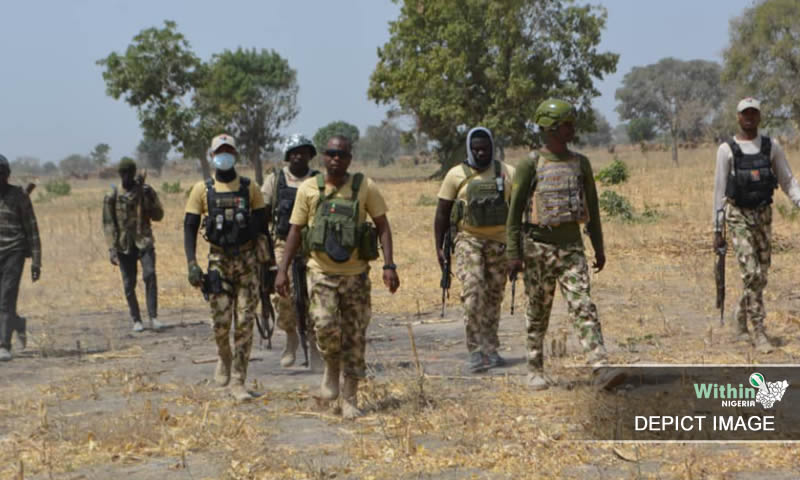Between January and June 2022, according to the Kaduna government, 645 people were killed in the state.
At a public presentation of a report on the “Southern Kaduna Pilot Peace Project on Inter-religious Harmony,” Aruwan made these remarks.
Even though the event happened earlier in the week, the commissioner only posted his complete remarks to Facebook on Friday.
He added that the security situation has had a negative impact on the state’s economy, health, and education. He claimed that those killed were victims of banditry, intercommunal violence, and other violent attacks.
“Besides the rural banditry confronting most states in the Northwest, another layer to the general insecurity is violence stemming from a lack of recourse to the law in some mixed communities. Grievances and mutual distrust in these areas are fed into the intermittent attacks by armed bandits, leading to reprisals, and cycles of ethno-religious or political violence,” he said.
“Clashes between farming communities and herder communities also add a critical dimension to insecurity, as they can trigger conflict directly, or spiral into the involvement of armed criminals.
“The Kaduna State Government is acutely aware of the devastating impact that conflict and violence have had on communities. In 2021, 1,192 people lost their lives in Kaduna State due to banditry, terrorism, communal clashes, violent attacks and reprisals; 406 of these lives were lost in the Southern Kaduna general area, mostly through killings and counter-killings. In the first six months of 2022, 645 people lost their lives in such circumstances across the State; 234 of these occurred in the Southern Kaduna area.
“Besides the loss of life and limb, there are the grim socio-economic effects of violence, eroding the viability of affected communities. Food insecurity is a close reality in frontline areas where farmers are threatened and attacked by bandits.
“The situation also presents a persistent threat to education; students and teachers have been attacked in several incidents over the last 18 months. Healthcare delivery has been affected, as health workers and facilities in frontline locations face the threat of marauding bandits.
“All of these portend the near-total collapse of the local economy in frontline areas, which is mainly sustained by crop and livestock farming. Residents have been dispossessed of their foremost means of sustenance. Vibrant weekly markets have been disrupted.”
He, however, added that the state government remains committed to improving security and ensuring better welfare for residents.
“Amidst all of these, the Kaduna State Government has remained unrelenting in its initiatives for peace and participatory security management, through the Kaduna State Peace Commission. Relative stability is now enjoyed in many usually turbulent communities in the Southern Kaduna area,” he said.
He also said Kaduna would follow in the footsteps of Plateau on the latter’s recent peace accord instituted between the Fulani and Irigwe groups in Bassa LGA.
“Following this encouraging development on the Plateau State end of things, the Kaduna State Government will follow through with a similar accord involving the groups in Kauru local government area, to ensure an all-encompassing peace in the general area between the states,” Aruwan said.
He also called for improved operations by security operatives across the state to ensure that residents can enjoy a peaceful environment.
